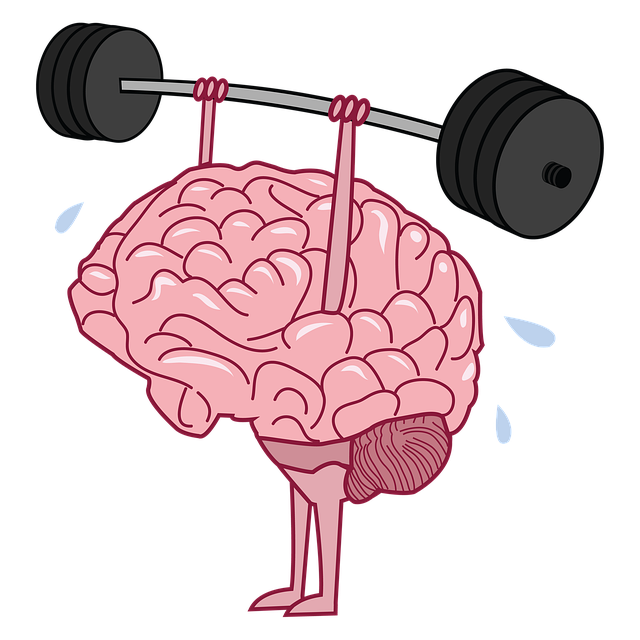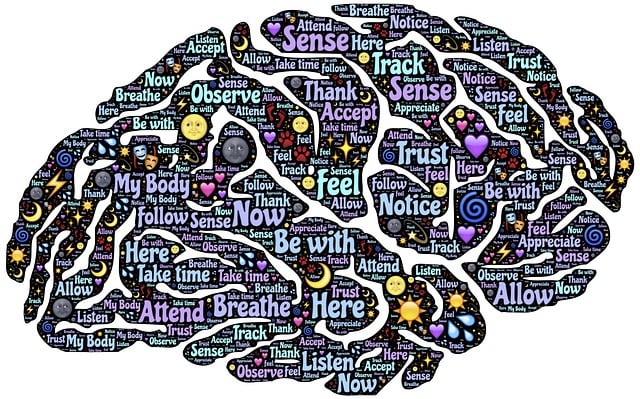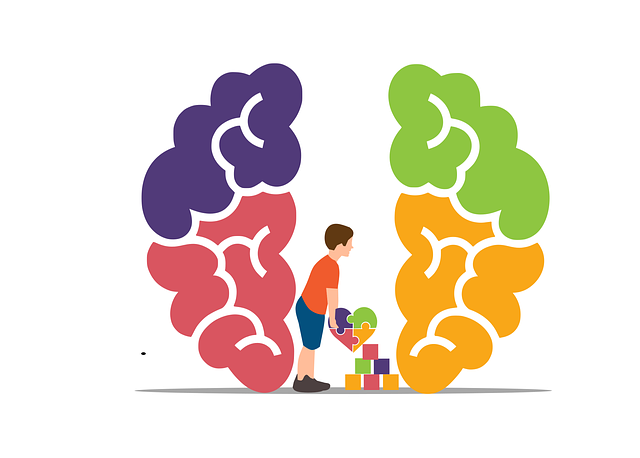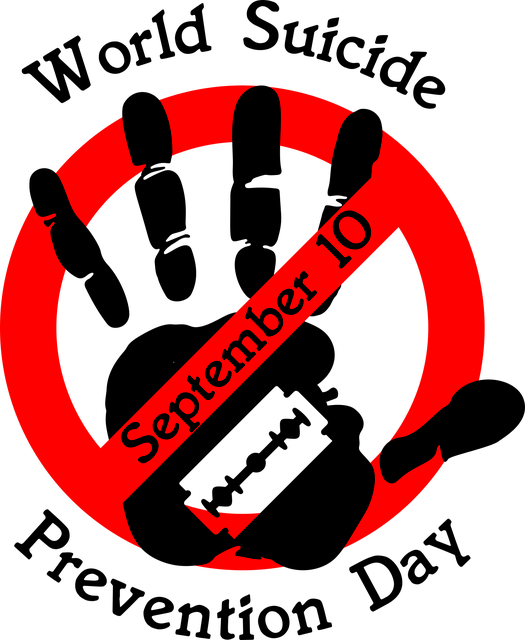In today's fast-paced world, mental wellness is a significant global concern. Programs like Lone Tree First Responders Therapy play a crucial role in supporting mental health through Crisis Intervention Guidance based on Mental Health Awareness and Mind Over Matter Principles. Evaluating these initiatives using both quantitative (surveys) and qualitative (interviews, focus groups) methods is essential to measure effectiveness, understand needs, and optimize resource allocation. By tracking Key Performance Indicators (KPIs), Lone Tree First Responders Therapy can ensure their programs remain responsive to community needs, effectively reducing mental health stigma and fostering resilience. The evaluation process is a cornerstone of continuous improvement, guiding targeted resource allocation and evidence-based decisions for proactive, inclusive mental healthcare practices.
Mental wellness program evaluation is crucial for understanding the impact and effectiveness of interventions, especially in communities like Lone Tree where access to therapy is vital. This article explores why assessment methods, such as quantitative and qualitative techniques, are essential tools for gauging success. We delve into key performance indicators (KPIs) specific to mental wellness programs, providing a framework for improvement. By effectively utilizing evaluation data, organizations like Lone Tree First Responders Therapy can enhance services, ensure positive outcomes, and foster a healthier community.
- Understanding the Need for Program Evaluation
- Methods of Assessment: Quantitative and Qualitative Approaches
- Key Performance Indicators (KPIs) for Mental Wellness Programs
- Continuous Improvement: Using Evaluation Data Effectively
Understanding the Need for Program Evaluation

In today’s fast-paced world, mental wellness is a paramount concern for communities across the globe. Programs designed to support and enhance mental health, such as those offered by Lone Tree First Responders Therapy, are increasingly vital. Evaluating these programs is crucial not only for measuring their effectiveness but also for ensuring they meet the evolving needs of their target populations. By understanding the Mental Health Awareness and implementing Mind Over Matter Principles, organizations can deliver Crisis Intervention Guidance that truly makes a difference in individuals’ lives.
Program evaluation provides a structured approach to assess the success of interventions, identify areas for improvement, and make data-driven decisions. It allows stakeholders to understand what works, what doesn’t, and why. This knowledge is instrumental in refining programs, maximizing resources, and ultimately improving mental wellness outcomes for communities served by initiatives like Lone Tree First Responders Therapy.
Methods of Assessment: Quantitative and Qualitative Approaches

Evaluating a mental wellness program involves a blend of quantitative and qualitative assessment methods, each offering unique insights into participant experiences and outcomes. Quantitative approaches, such as surveys and standardized measures, provide numerical data that can demonstrate the overall effectiveness of the program. For example, the Lone Tree First Responders Therapy initiative might use questionnaires to gauge changes in symptoms of anxiety or depression before and after the program, offering a clear picture of its impact on mental health metrics.
Qualitative methods, on the other hand, delve deeper into participants’ subjective experiences. Interviews, focus groups, and narrative essays allow individuals to share their personal stories, including challenges faced, insights gained, and the perceived benefits of the program. These strategies are instrumental in understanding how programs like Lone Tree First Responders Therapy contribute to Mental Illness Stigma Reduction Efforts, facilitate Compassion Cultivation Practices, and implement Empathy Building Strategies within the community.
Key Performance Indicators (KPIs) for Mental Wellness Programs

Evaluating the effectiveness of mental wellness programs is crucial for understanding their impact and making data-driven improvements. Key Performance Indicators (KPIs) serve as metrics to gauge success and identify areas that need attention. For organizations like Lone Tree First Responders Therapy, these KPIs can be tailored to reflect the unique goals and objectives of their mental health initiatives.
Measuring factors such as participant satisfaction, engagement rates, and improvements in mental health symptoms is essential. For instance, tracking the reduction in anxiety levels through regular assessments can highlight the effectiveness of compassion cultivation practices within coaching programs development. This data-centric approach allows for continuous refinement, ensuring that these programs remain responsive to the evolving needs of individuals seeking support, such as those navigating life’s challenges in a bustling world.
Continuous Improvement: Using Evaluation Data Effectively

The evaluation process plays a pivotal role in fostering continuous improvement within mental wellness programs, such as those offered by Lone Tree First Responders Therapy. By systematically gathering and analyzing data, program providers can identify areas that thrive and aspects that require refinement. This iterative approach ensures that services remain relevant, effective, and aligned with the evolving needs of the community. For instance, assessment results can highlight specific therapeutic techniques or support groups that significantly enhance participants’ well-being, allowing for a more targeted allocation of resources.
Effective utilization of evaluation data goes beyond identifying problem areas; it involves leveraging insights to create positive change. Public Awareness Campaigns Development and Cultural Sensitivity in Mental Healthcare Practice can be enhanced through evidence-based decisions driven by evaluation outcomes. This might include tailoring interventions to diverse cultural backgrounds, ensuring inclusive practices, and promoting positive thinking as a proactive measure. By embracing data-informed strategies, mental wellness programs like Lone Tree First Responders Therapy can optimize their impact, ultimately contributing to a healthier and more resilient community.
Mental wellness program evaluation is essential for understanding and enhancing the impact of initiatives like those seen in organizations such as the Lone Tree First Responders Therapy program. By employing both quantitative and qualitative methods, and utilizing Key Performance Indicators (KPIs), programs can measure success, identify areas for improvement, and ultimately better serve their communities. Continuous improvement cycles, driven by effective evaluation data, are crucial to ensuring mental wellness initiatives remain dynamic and adaptive to evolving needs.












